What are Sudafed Sinus Pressure & Pain Relief Tablets?
Sudafed Sinus Pressure & Pain Relief tablets contain two active ingredients – ibuprofen and pseudoephedrine hydrochloride – to provide fast-acting relief against nasal congestion caused by head colds. Ibuprofen is an anti-inflammatory painkiller that combats fever and soothes pain, while pseudoephedrine hydrochloride is a decongestant that works to reduce the sore, swollen blood vessels in your nose so you can breathe better.
What is the recommended dosage?
Always take Sudafed Sinus Pressure & Pain Relief tablets exactly as described in the patient information leaflet or as your doctor / pharmacist has told you. You should only take this medicine for the shortest time necessary to relieve your symptoms. Talk to your doctor or pharmacist for advice if your symptoms worsen or do not improve.
The recommended dosage for adults and adolescents aged 15 years and above is 1 tablet every 6 hours. If the symptoms are severe, you may take 2 tablets every 6 hours. Do not take more than 6 tablets in a 24 hour period. The tablets should be swallowed whole with a glass of water, preferably during meals.
How do decongestants work?
A decongestant clears up congestion, helping you to breathe easier. Congestion is caused when the blood vessels in your nose dilate, causing inflammation and discomfort. Decongestant treatments help to narrow these blood vessels, and with the swelling reduced, it allows more air to pass through and the mucus to drain, providing relief for cold and flu symptoms.
What is sinusitis?
Sinusitis occurs when your sinuses (they’re the small, empty spaces located behind your cheekbones and forehead) swell, typically caused by an infection. The symptoms are similar to a cold and may include pain in your face, a blocked, runny nose, and a headache.
Are Sudafed Sinus Pressure & Pain Relief Tablets suitable for children?
Sudafed Sinus Pressure & Pain Relief tablets are suitable for adolescents aged 15 years and over. If you’re looking for a treatment to relieve pressure in the sinuses for a child under the age of 15, you must speak to your doctor or pharmacist for advice on alternative treatment options.
Are Sudafed Sinus Pressure & Pain Relief tablets suitable for pregnant and breastfeeding women?
If you are pregnant or breastfeeding, think you may be pregnant or are planning to have a baby, you must ask your doctor or pharmacist for advice before taking any new medicine. Avoid taking this medicine in the first 6 months of pregnancy unless a medical professional advises otherwise. Do not take Sudafed Sinus Pressure & Pain Relief tablets during the third trimester of pregnancy.
Do not take this medicine if you are breastfeeding, as it may harm your baby. Ibuprofen belongs to a group of medicines (NSAIDs) which may impair fertility in women, however this effect is reversible once you’ve stopped taking the medicine.
When should this product not be used?
Sudafed Sinus Pressure & Pain Relief tablets may be unsuitable for certain people. This medicine contains pseudoephedrine and has the potential to interfere with some diagnostic blood tests. You should tell your doctor that you are taking this medicine if you have a blood test. Pseudoephedrine hydrochloride can lead to positive results in doping tests, so avoid taking this medicine if you have a doping test planned. This medicine should not be given to a child or adolescent under the age of 15 as there is a risk of renal impairment if dehydrated.
Do not take these tablets if you are allergic to ibuprofen, pseudoephedrine hydrochloride or any of the other listed ingredients. Do not take these tablets if you:
-
Are younger than 15 years old
-
Are in the third trimester of pregnancy (6 months or more pregnant)
-
Are breast-feeding
-
Have had an allergic reaction or shortness of breath, asthma, skin rash, itchy runny nose or facial swelling when previously taking acetylsalicylic acid or other NSAIDs
-
Have an active or history of recurrent stomach/duodenal ulcers (peptic ulcers) or bleeding (at least two different episodes of confirmed ulcers or bleeding)
-
Have a history of gastro-intestinal bleeding or perforation related to previous NSAID treatment
-
Have severe liver or kidney failure
-
Have severe heart failure
-
Have severe heart or circulation problems (heart disease, high blood pressure, angina, fast heart rate), an overactive thyroid gland, diabetes, pheochromocytoma (a tumour of the adrenal gland)
-
Have a history of heart attack (myocardial infarction)
-
Have had a stroke or have previously been told you are at risk of having a stroke
-
Have a history of seizures (fits)
-
Have unexplained disorders in the formation of blood components
-
Have increased pressure in the eye (closed-angle glaucoma)
-
Have difficulty in urinating related to prostate problems
-
Have been diagnosed with systemic lupus erythematosus (SLE), an illness affecting the immune system causing joint pain, skin changes and other problems
-
Are taking other nasal decongestants (vasoconstrictor drugs) administered orally or nasally (e.g. phenylpropanolamine, phenylephrine, ephedrine, xylometazoline or oxymetazoline)
-
Are taking methylphenidate, a medicine for ADHD (attention deficit hyperactivity disorder)
-
Are taking medicines for depression like non-selective monoamine oxidase inhibitors (known as MAOIs e.g. iproniazid) or have taken them in the last 14 days
Talk to your doctor or pharmacist before taking this medicine if you:
-
Have asthma; use of this medicinal product can cause an asthma attack
-
Have a history of gastro-intestinal disorders (such as hiatus hernia, gastro-intestinal bleeding, peptic or duodenal ulcer)
-
Have or have ever had gastro-intestinal disease (ulcerative colitis or Crohn’s disease)
-
Have high blood pressure, diabetes, high cholesterol, have a family history of heart disease or stroke or if you are a smoker
-
Have liver or kidney problems
-
Have diabetes because of potential diabetic nephropathy
-
Have overactive thyroid gland (hyperthyroidism) or psychosis
-
Have a blood clotting disorder
-
Are pregnant or breastfeeding
-
Have an infection
-
Have had heart problems including heart failure, angina (chest pain), or if you have had a heart attack, bypass surgery, peripheral artery disease (poor circulation in the legs or feet due to narrow or blocked arteries), or any kind of stroke (including ‘mini-stroke’ or transient ischaemic attack “TIA”).
Are there any side effects?
Like all medicines, Sudafed Sinus Pressure & Pain Relief tablets may cause side effects in some people, but these won’t affect everybody. Seek emergency medical attention if you notice any signs of a severe allergic reaction, symptoms of which include swelling of the face and throat, skin rash, breathing difficulties and/or loss of consciousness. Common side effects include:
-
Indigestion
-
Stomach discomfort or pain
-
Nausea or vomiting
-
Flatulence
-
Diarrhoea
-
Constipation
-
Insomnia
-
Dry mouth
For more information on potential side effects, refer to the patient information leaflet. If you experience any side effects, including any not included in the patient information leaflet, you can report them using the MHRA Yellow Card Scheme.
Storage information
Store below 30°C in a cool, dry place out of sight and reach of children. Do not use after the expiry date, referring to the last day of the month stated on the packaging. Do not throw away any medicines via wastewater or household waste.
Important information
This product is a medicine; make sure to speak to your doctor or pharmacist before taking this product if you have an underlying medical problem or are taking any other medicine or complementary therapy. If your symptoms get worse or continue after taking this product, contact us or your doctor. For medical services in your area, please refer to https://www.nhs.uk
If you are pregnant, trying to become pregnant, or breastfeeding, speak to your doctor or our pharmacist before taking this product. If you suffer from any allergies, ask your doctor or our pharmacist if this medicine is right for you.
Store all medicines out of sight and reach of children.
Please read the included leaflet carefully before using this product.
Please contact your GP if appropriate regarding this product.
Helpful Advice on Medication Restrictions & Addiction
For further information on our medication restrictions policy, please click here.
If you are concerned about addiction to ‘over the counter’ medication, we urge you to visit the below links for professional help and advice:
NHS Help & Advice on Drug Addiction

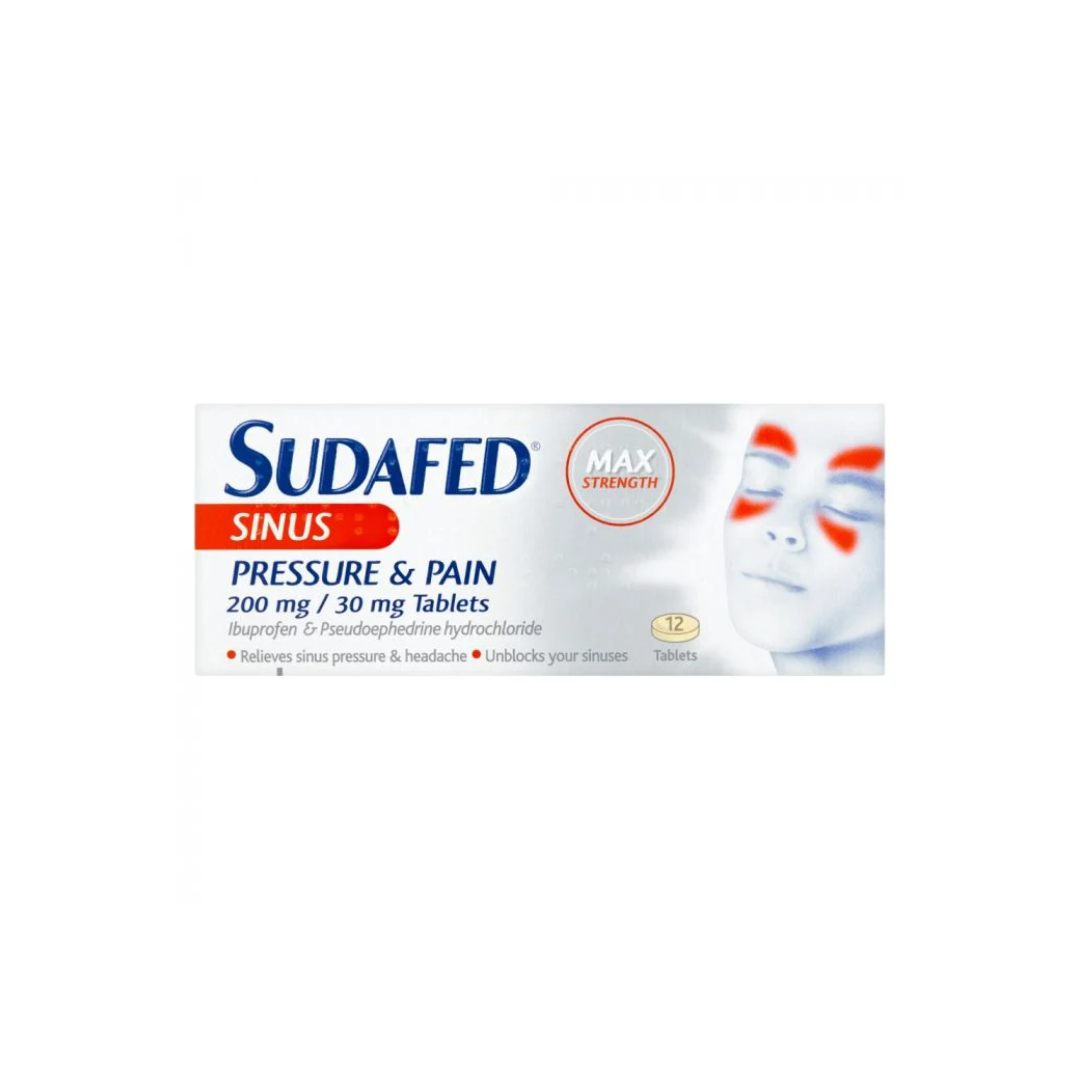
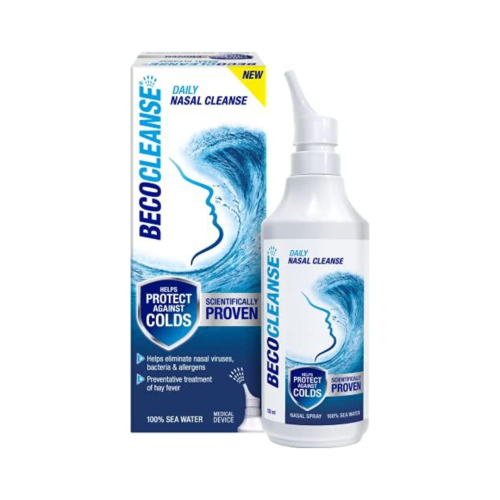
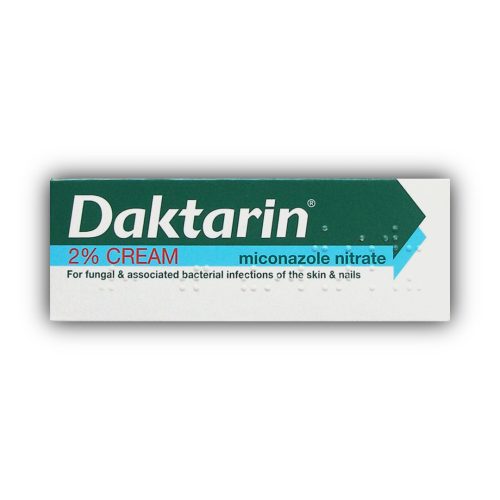
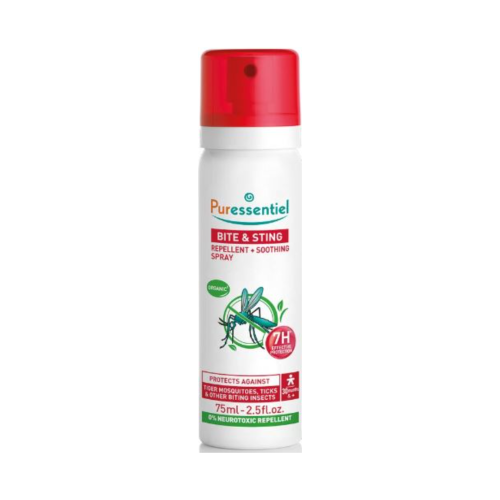
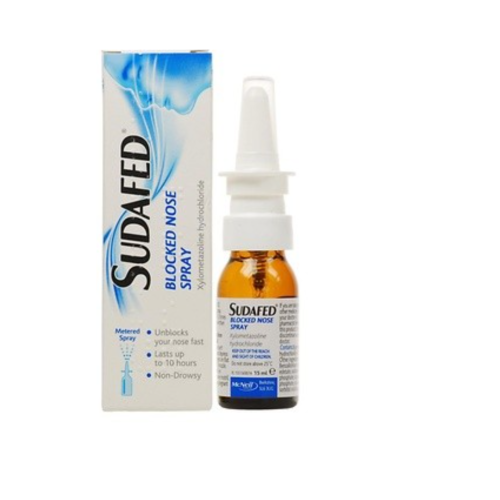
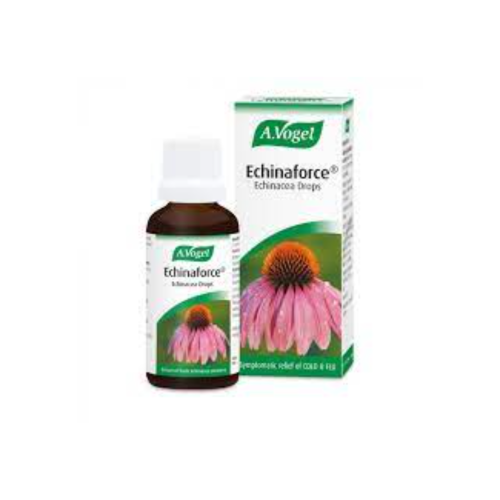



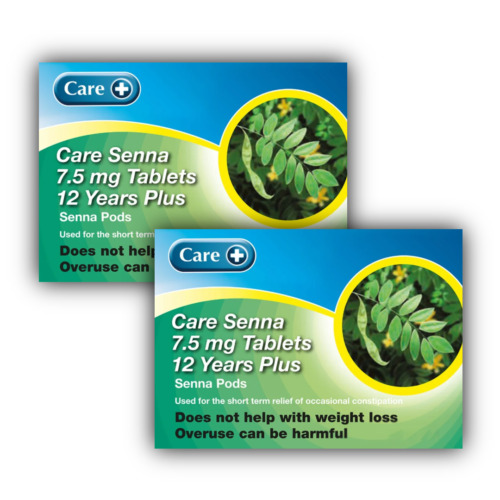
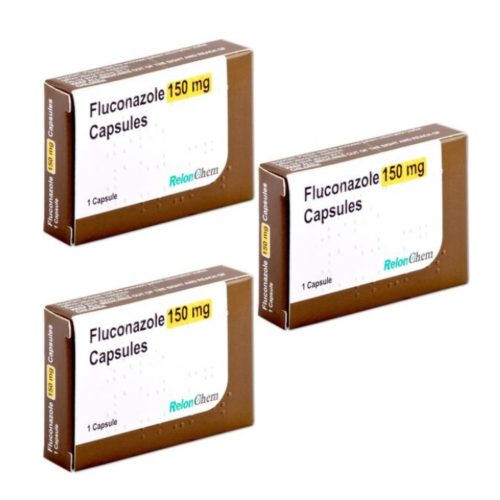
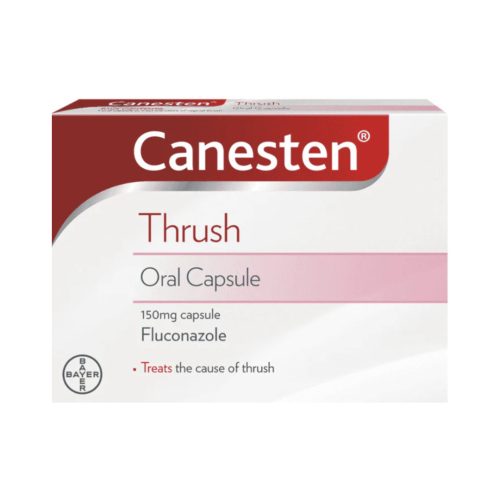

Reviews
There are no reviews yet.